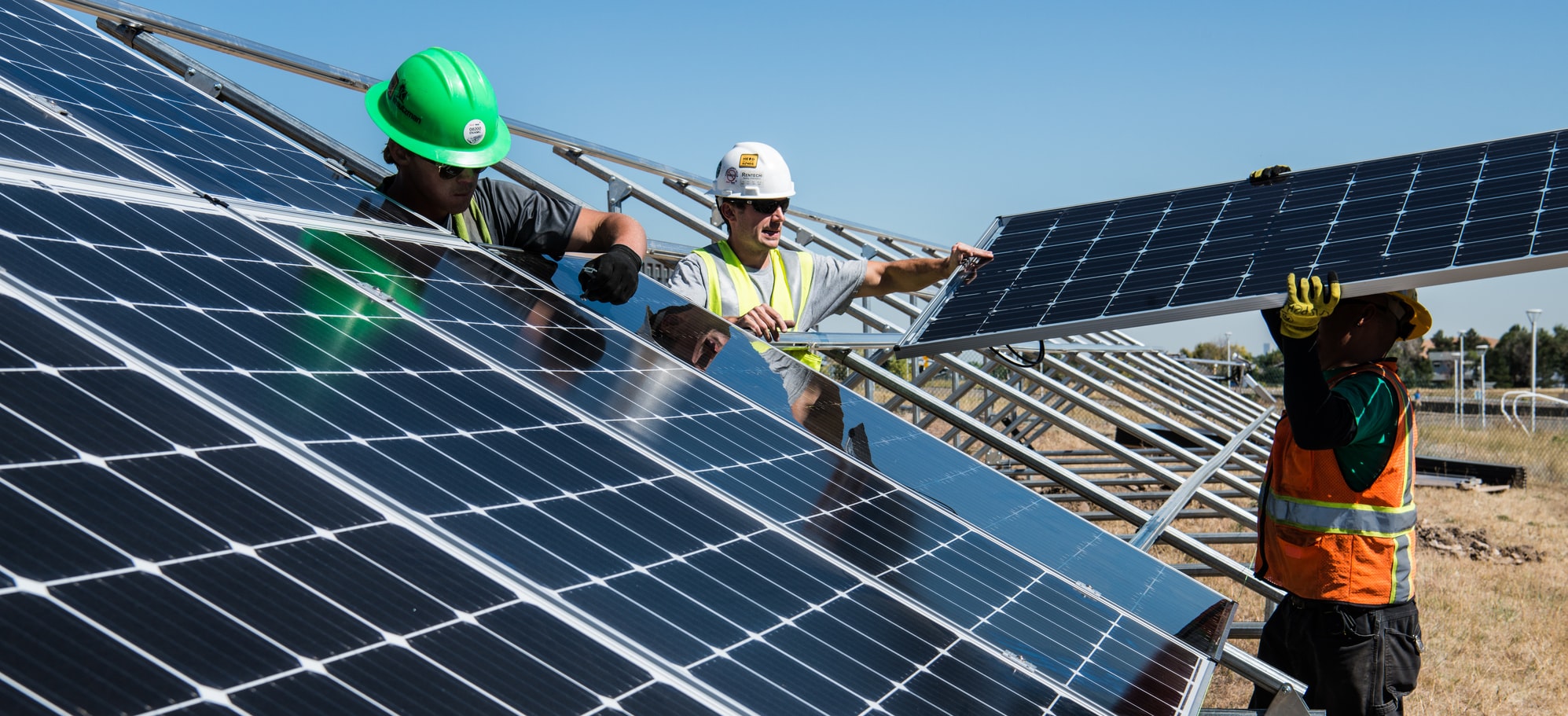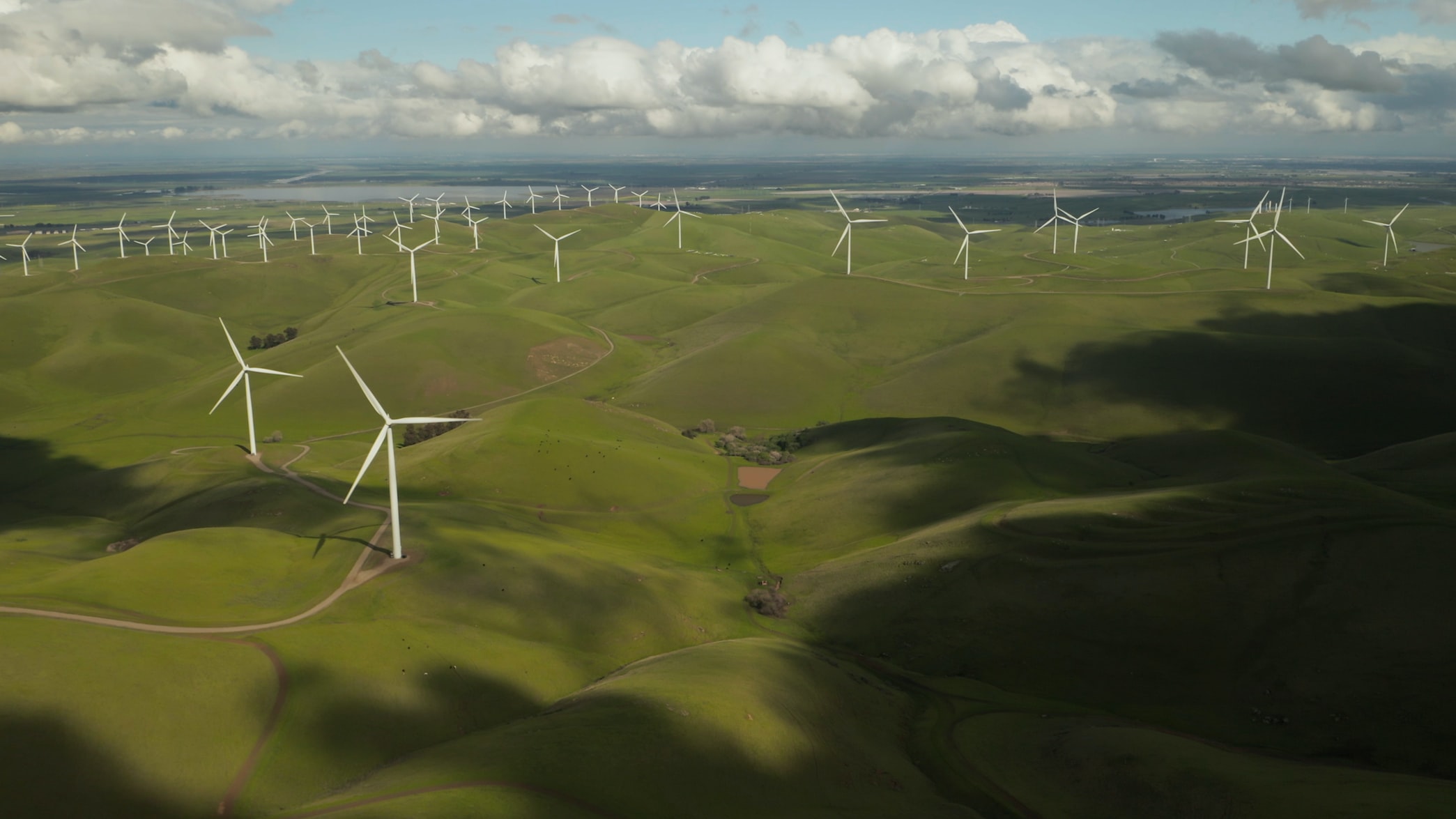
- Sustainable Planet -
- 4mins -
- 288 views
Coronavirus a make-or-break moment for climate change, warn experts… but they have a plan
Top economists say the once-in-a-lifetime pandemic stimulus packages could help both the economy and the climate — if lawmakers make the right choices.
Top economists say pandemic could be turning point in climate challenge
As countries the world over face collapsing financial markets and burgeoning unemployment, a group of leading economists warns that the coronavirus pandemic could be our last opportunity to prevent catastrophic climate change. However, researchers at the University of Oxford believe it’s possible to prioritise both rebuilding the economy and creating more sustainable societies simultaneously — in fact, they think it’s vital.

Green stimulus measures among the top-rated options
In early May, the Oxford’s Smith School of Enterprise and the Environment (SSEE) published a working paper arguing that progress on the climate crisis will depend on choices made by the government stimulus packages being issued in the wake of the coronavirus.
The researchers believe that if the UK government issues green fiscal recovery packages — including installing renewable energy infrastructure, investing in clean R&D, providing education and training that will give green jobs to people who became unemployed during COVID-19, and more — the country will simultaneously restore the economy, rebuild the workforce, and get closer to achieving net-zero emissions.
The economists, including the Nobel Prize-winning Joseph Stiglitz, argue that the once-in-a-lifetime pandemic stimulus packages could help the climate — if lawmakers make the right choices.
“The recovery packages can either kill these two birds with one stone — setting the global economy on a pathway towards net-zero emissions — or lock us into a fossil system from which it will be nearly impossible to escape,” they wrote in the paper, released online 4 May.
The authors asked over 230 leading experts from around the world to rank potential stimulus policies for a series of factors, including how they might help (or harm) the climate, how quickly they could be implemented, how likely they were to boost the economy over the long run.
Green stimulus measures were among the top-rated options, thanks to expectations that they would provide the best value for government money and help economies recover from the pandemic.
Source: Grist

Economy and ecology must go hand-in-hand
The researchers say it’s not too late for the US, the UK, or any other country on Earth to start shifting bailout funds to support a low-carbon economy.
“We conclude that progress on climate change will depend significantly on policy choices in the coming six months; the right choices could drive a long-term downward trend in greenhouse gas (GHG) emissions,” wrote the authors.
After surveying 230 experts from around the world, the authors came up with five policy proposals for global governments that will simultaneously help achieve economic goals (i.e. rebuilding the economy and reversing unemployment rates) and climate goals (i.e. halting the climate crisis before it gets worse):
- Invest in physical renewable energy infrastructure
- Build efficiency retrofits to make existing infrastructure more efficient
- Invest in education and training that will simultaneously provide employment for those who lost their jobs during COVID-19 and help decarbonise the economy
- Invest in natural capital for ecosystem resilience and regeneration
- Invest in clean research and development.
“The biggest driver of the long-term impact on climate is through fiscal recovery packages, along with possible shifts in power within and across national and international institutions,” the researchers explained.
“Green fiscal recovery packages can act to decouple economic growth from GHG emissions and reduce existing welfare inequalities that will be exacerbated by the pandemic in the short-term and climate change in the long-term.”
“Short-term reductions in GHG emissions resulting from lockdowns will themselves have minor long-term effects, unless they facilitate deeper and longerterm human, business, and institutional changes,” the study’s authors wrote.
"The COVID-19-initiated emissions reduction could be short-lived," said co-author Professor Cameron Hepburn in a statement. "But this report shows we can build back better, keeping many of the recent improvements we’ve seen in cleaner air, returning nature and reduced greenhouse gas emissions."
The report concluded:
‘As we move from the rescue to the recovery phase of the COVID-19 response, policy-makers have an opportunity to invest in productive assets for the long-term. Such investments can make the most of shifts in human habits and behaviour already under way. In the lead up to COP26, recovery packages are likely to be examined on their climate impact and contributions to the Paris Agreement (UNFCCC, 2015). For many countries, this will be a matter of building on existing NDCs, already framed to facilitate fast-acting investment. Recovery packages that seek synergies between climate and economic goals have better prospects for increasing national wealth, enhancing productive human, social, physical, intangible, and natural capital.’
Source: GreenMatters

